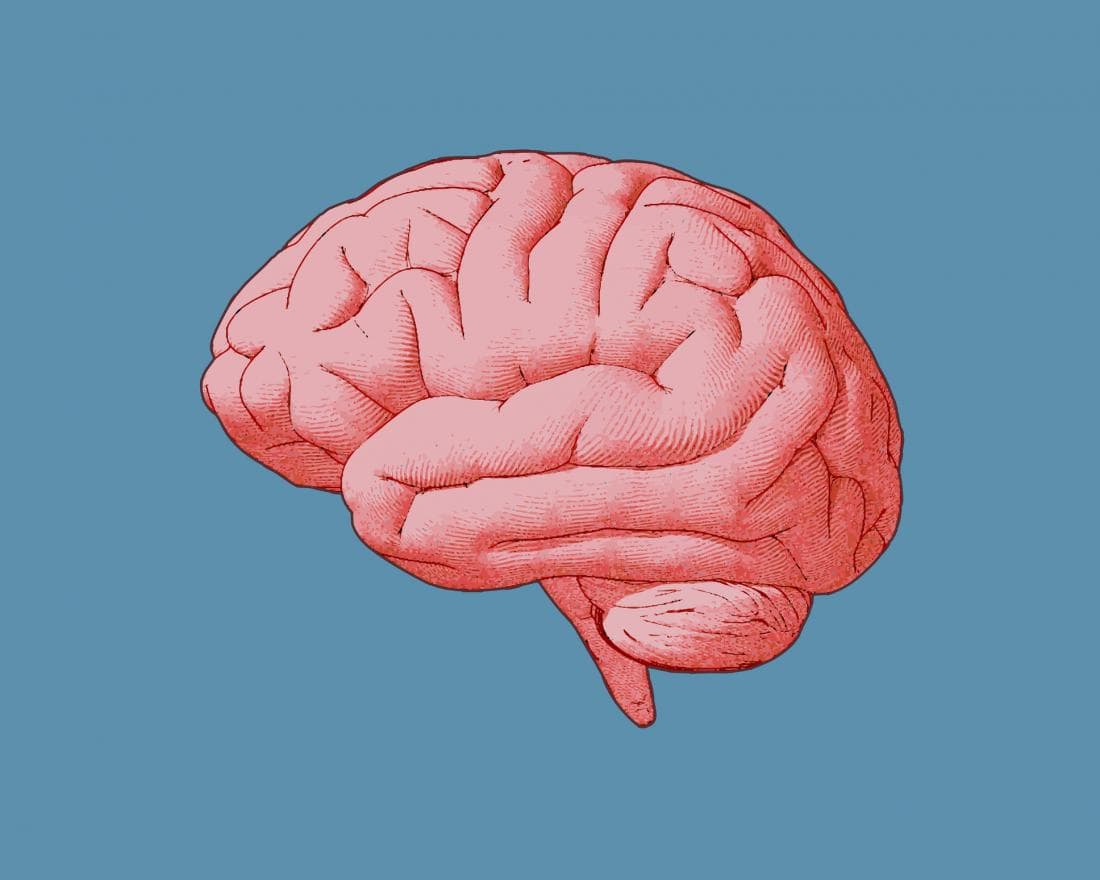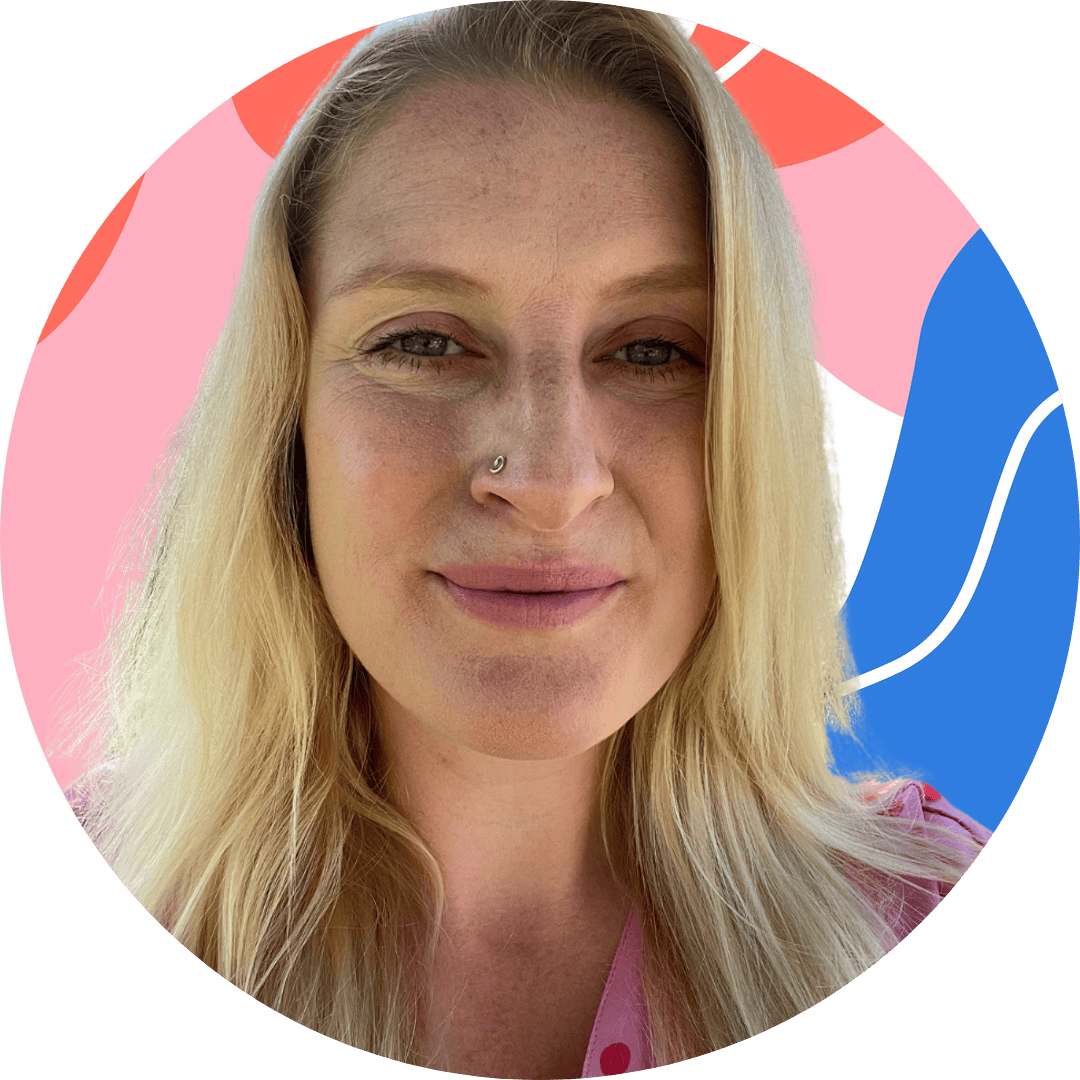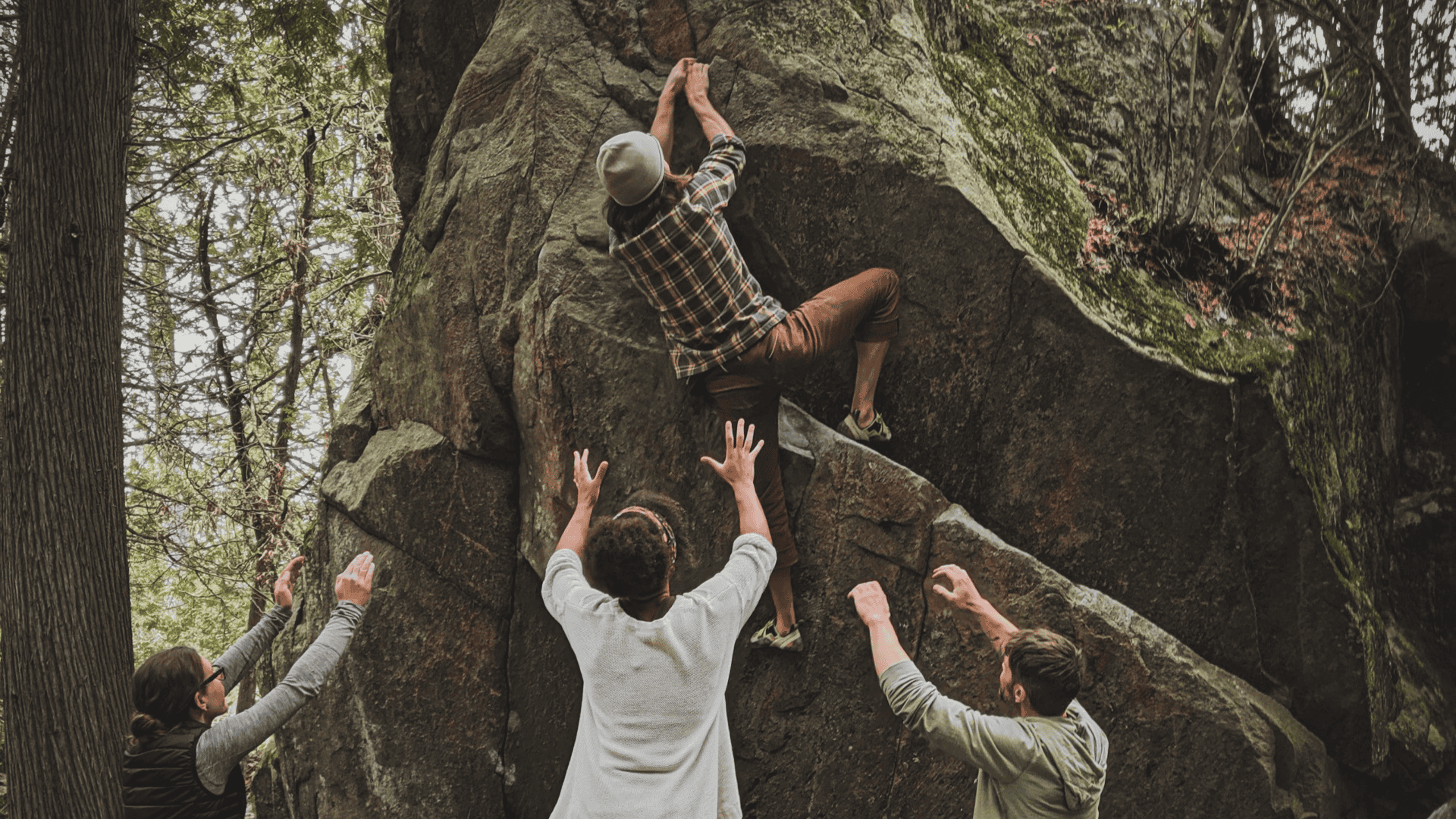
We’ve often wondered aloud within our team, about whether we should change our name to ‘workshop team’ (we spend time on the important stuff, obvs). We’re guessing that the word ‘workshop’ is probably a more globally recognisable name that takes people to an immediate recognition of what it is that we do. But psychoeducation always wins out. Not just because it sounds a lot sexier than ‘workshop team’! But because at the end of the day, it does more accurately describe what we’re excited to be delivering every day within the Psychoeducation team.
But what is psychoeducation and why is its role so important?
Psychoeducation involves learning about and understanding mental health and well-being. It’s similar to physical education, where you learn about how your body works, how to look after it and the impacts of different strains or stressors – but instead, you apply this to the mind.
Psychoeducation can be a powerful tool to improve our own well-being and quality of life. It can support individual autonomy, promote empowerment, increase awareness of mental illness, decrease stigma, and ultimately let us into the unavoidable truth: we are all messy. There are some things that our brain is programmed to do (react to stress, create feelings of anxiety and tension in the body) and there are many, many things that are not only part of the human condition, but also very normal responses to events that we go through in our lives.
As the stigma around our mental health lingers, it may see us not often speaking up and out about how we feel. This can lead to feelings of isolation, of being alone in our own weird and wonderful emotions. We all have mental health that isn’t linear, that can often be challenged and off-kilter, and we are all at the mercy of the painful and unpredictable in life. Psychoeducation can offer us insight or normalcy, the understanding of being not alone and support to guide us out of the uncertainty.



